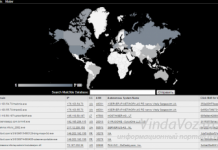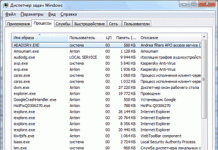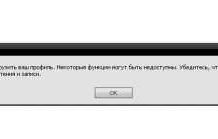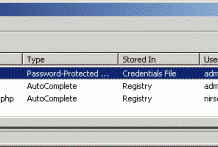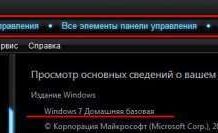WhatsApp is testing a feature that would allow users to send messages to people using other messaging apps, but this exciting development comes with significant limitations. The shift is largely driven by new regulations in the European Union, and initially, the functionality will be available only to users in select regions.
The Rise of Cross-App Messaging
The ability to communicate seamlessly across different platforms has been a long-sought goal for many users. Currently, communicating between a WhatsApp user and someone using Telegram, Signal, or another service often requires sharing phone numbers or usernames, creating friction in the process. This new feature aims to simplify that by allowing users to send messages directly through WhatsApp, regardless of the recipient’s messaging app.
The Digital Markets Act (DMA) and Its Impact
The impetus behind this change comes from the European Union’s Digital Markets Act (DMA). This law aims to curb the power of large tech companies and foster competition in digital markets. One key requirement of the DMA is interoperability – essentially, requiring dominant platforms to allow communication with smaller ones. This is designed to prevent tech giants from locking users into their ecosystems and stifling innovation.
The DMA’s impact has already been felt, with Apple and Meta (WhatsApp’s parent company) facing substantial fines earlier this year due to non-compliance with these new rules.
Limited Rollout: BirdyChat and Future Possibilities
Currently, WhatsApp’s cross-platform messaging is in a beta testing phase and is limited. The initial test only supports BirdyChat, a smaller messaging app. However, the intention is to expand this functionality in Europe to allow users to communicate with individuals on a wider range of platforms.
What does this mean for users outside of Europe? For now, the wider rollout seems unlikely in the near term. Users in other regions will remain restricted to communicating only within the WhatsApp ecosystem.
Why This Matters
This development signals a broader shift in the tech landscape. The DMA is forcing major platforms to re-evaluate their strategies and open up their networks. While the initial rollout of WhatsApp’s cross-app messaging is restricted, it’s a significant step towards a more interconnected digital world where communication isn’t limited by platform. > Ultimately, the DMA aims to empower users and foster a more competitive and innovative tech environment.
The future of communication may involve easier connections between various messaging apps, but this change is being shaped by regulatory pressures, with Europe leading the way





























































